Filter by
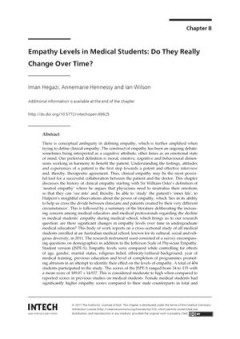
Empathy Levels in Medical Students Do They Really Change Over Time?
There is conceptual ambiguity in defining empathy, which is further amplified when trying to define clinical empathy. The construct of empathy has been an ongoing debate: sometimes being interpreted as a cognitive attribute, other times as an emotional state of mind. Our preferred definition is moral, emotive, cognitive and behavioural dimensions working in harmony to benefit the patient. Under…
- Edition
- -
- ISBN/ISSN
- 9789535134534
- Collation
- -
- Series Title
- -
- Call Number
- -
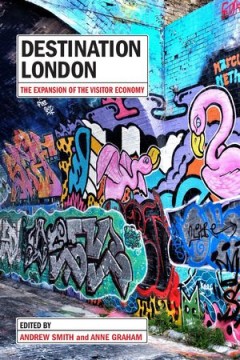
Destination London
London is one of the world’s most popular destinations and visitors contribute approximately £14.9 billion of expenditure to the city every year. Its tourism and events sectors are growing and over the last few years London has received more visitors than ever before. However, detailed accounts of the city’s visitor economy are conspicuously absent. This book analyses how the capital is de…
- Edition
- -
- ISBN/ISSN
- 9781912656271
- Collation
- -
- Series Title
- -
- Call Number
- -
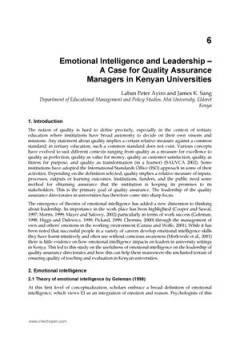
Emotional Intelligence and Leadership – A Case for Quality Assurance Manage…
Emotional Intelligence and Leadership – A Case for Quality Assurance Managers in Kenyan Universities
- Edition
- -
- ISBN/ISSN
- 9789533078380
- Collation
- -
- Series Title
- -
- Call Number
- -
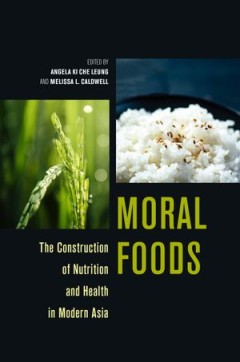
Moral Foods: The Construction of Nutrition and Health in Modern Asia
Moral Foods: The Construction of Nutrition and Health in Modern Asia investigates how foods came to be established as moral entities, how moral food regimes reveal emerging systems of knowledge and enforcement, and how these developments have contributed to new Asian nutritional knowledge regimes. The collection’s focus on cross-cultural and transhistorical comparisons across Asia brings into…
- Edition
- -
- ISBN/ISSN
- 9780824876708
- Collation
- -
- Series Title
- -
- Call Number
- 641.1 MOR m
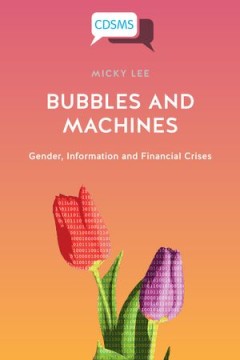
Bubbles and Machines
Are financial crises embedded in IT? Can gender studies offer insights into financial reporting? Feminist theories and Science and Technology Studies (STS) can enrich a critique of financial crises in capitalism as the author argues their critical, political economic approaches to communication can help in understanding because they historicize technology and economy and how these are materiall…
- Edition
- -
- ISBN/ISSN
- 9781912656011
- Collation
- -
- Series Title
- -
- Call Number
- -

Emotional intelligence The Most Potent Factor of Job Performance Among Execu…
Emotional Intelligence: The Most Potent Factor of Job Performance Among Executives
- Edition
- -
- ISBN/ISSN
- 9789533078380
- Collation
- -
- Series Title
- -
- Call Number
- -
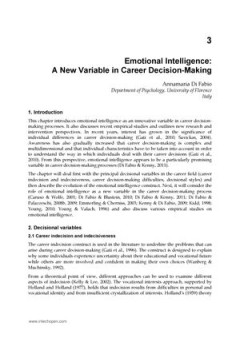
Emotional intelligence a New Variable in Career Decision-Making
Emotional Intelligence: A New Variable in Career Decision-Making
- Edition
- -
- ISBN/ISSN
- 9789533078380
- Collation
- -
- Series Title
- -
- Call Number
- -
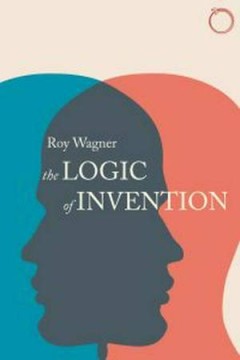
The Logic of Invention
In this long-awaited sequel to The Invention of Culture, Roy Wagner tackles the logic and motives that underlie cultural invention. Could there be a single, logical factor that makes the invention of the distinction between self and other possible, much as specific human genes allow for language? Wagner explores what he calls “the reciprocity of perspectivesâ€_x009d_ through a journey …
- Edition
- -
- ISBN/ISSN
- 9780999157053
- Collation
- -
- Series Title
- -
- Call Number
- 301 WAG l
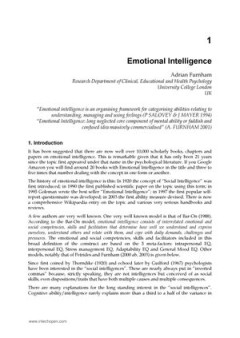
Emotional Intelligence
Emotional Intelligence
- Edition
- -
- ISBN/ISSN
- 9789533078380
- Collation
- -
- Series Title
- -
- Call Number
- -
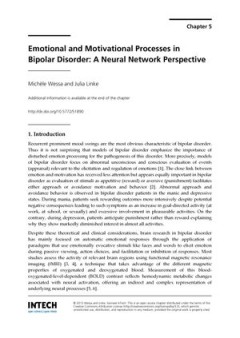
Emotional and Motivational Processes in Bipolar Disorder a Neural Network Pe…
Emotional and Motivational Processes in Bipolar Disorder: A Neural Network Perspective
- Edition
- -
- ISBN/ISSN
- 9789535111474
- Collation
- -
- Series Title
- -
- Call Number
- -
 Computer Science, Information & General Works
Computer Science, Information & General Works  Philosophy & Psychology
Philosophy & Psychology  Religion
Religion  Social Sciences
Social Sciences  Language
Language  Pure Science
Pure Science  Applied Sciences
Applied Sciences  Art & Recreation
Art & Recreation  Literature
Literature  History & Geography
History & Geography